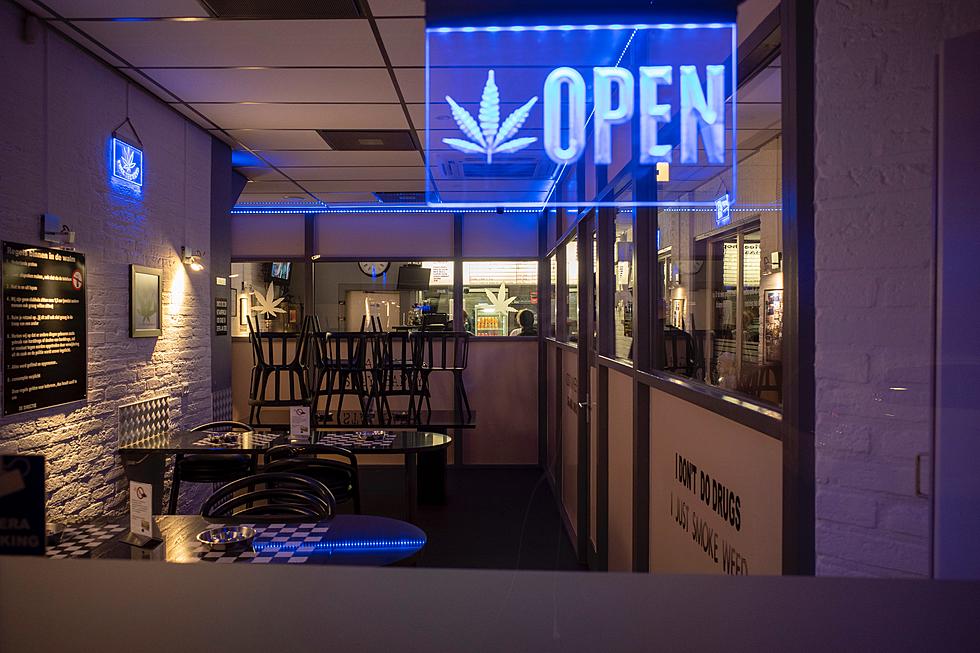
With pot opt-outs, NJ towns keep residents from entering business
TRENTON – Municipalities in New Jersey that opt of allowing legal marijuana sales within their borders don’t just block such businesses. They could keep residents from establishing businesses in the industry at all.
The rules adopted for the recreational adult-use marijuana by the state Cannabis Regulatory Commission have been largely applauded, and a Wednesday online forum hosted by the Stockton University Cannabis & Hemp Research Initiative was on different.
But that doesn’t mean participants weren’t concerned about the launch of the industry, in part because of the restrictions on entry-level ‘microbusinesses’ that could be caused by both the state rules and the preemptive opposition of so many towns and cities.
Cannabis attorney Michael McQueeny of Foley Hoag LLP said it’s a critical problem he has discussed with mayors who opted out of allowing legal marijuana sales, which account for perhaps two-thirds of all the municipalities in the state.
“And I’ve always counseled them: Realize, when you opt out, even without an exception for micro-business licenses, all you’re doing is penalizing your citizens, your very citizens who may have voted 67% or more in favor of something,” McQueeny said.
As of two weeks ago, at least 63% of municipalities in New Jersey had opted out. Some said they could change their minds. Among places for which the League of Municipalities knew their marijuana status, 80% had opted out.
The state’s rules don’t put a limit on the microbusinesses but say they can’t have more than 2,500 square feet of space or more than 10 employees.
Rob Mejia, an adjunct professor of cannabis studies at Stockton University, said many people are excited about the micro-licenses – and should be, because it gives small operators a chance to get established. But he said so many places have opted out that for some it’s impossible.
“If you are doing a microbusiness or you’d like to have a microbusiness license, you have to be a resident of your township or of an adjoining township,” Mejia said. “But where I’m located, there is no micro-license open to me, for example.”
Faye Coleman, chief executive officer of Pure Genesis LLC, said some people have expressed hope there’s a workaround if at least 51% of those listed on an application come from an eligible municipality.
“As you look at that, it states owners as well as employees. If in fact you intend to hire six of those 10 employees from that community, are you in effect legal as you move forward with that application?” Coleman said.
McQueeny said state law says 51% of owners, officers or employees – but the adopted regulations say ‘and’ instead of ‘or,’ which might close off any such loophole.
“This is where as lawyers we say words matter, right?” McQueeny said.
“Was it intentional? Was it an act of omission? I don’t know, but that is a big distinction point which threatens to impact a lot of microbusinesses,” he said.

McQueeny said he’s looking forward to see how it’s worded on the license application or an accompanying question-and-answer guide, when those are issued by the state.
Michael Symons is State House bureau chief for New Jersey 101.5. Contact him at michael.symons@townsquaremedia.com.
The best outdoor beer gardens at NJ breweries
The 10 most-lobbied bills in Trenton in 2020 and 2021
More From Beach Radio










